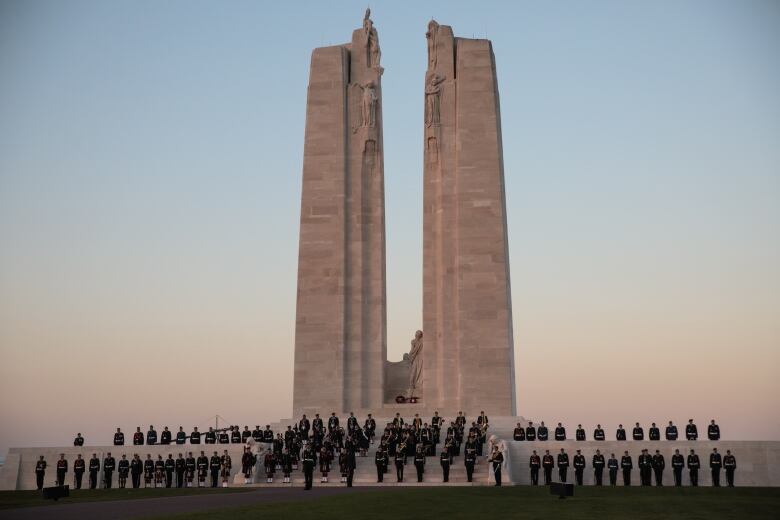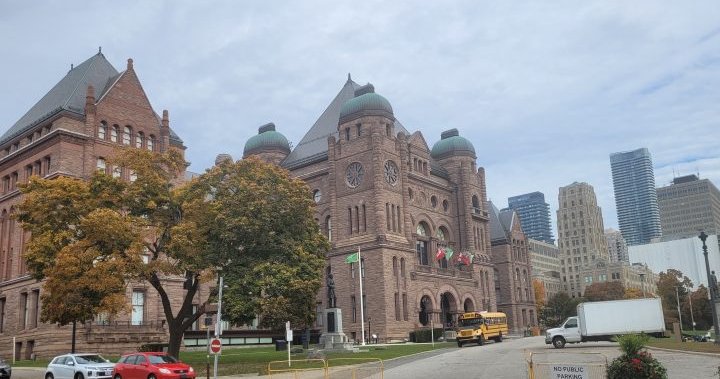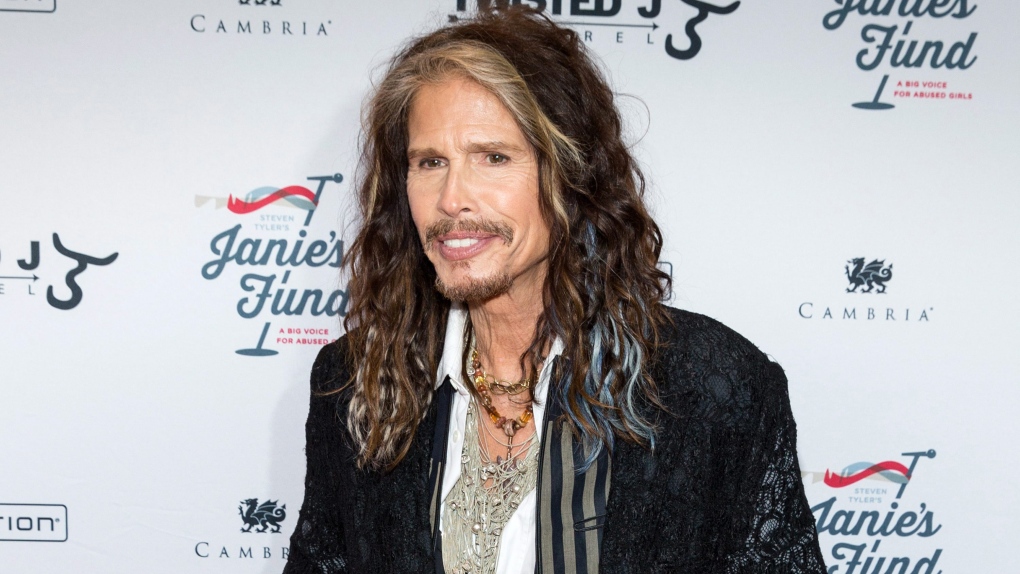Our planet is changing. So is our journalism. This story is part of a CBC News initiative entitled Our Changing Planet to show and explain the effects of climate change and what is being done about it.
A Cape Breton-born poet’s new book examines the connection between war and climate change, nudging readers to think more deeply about how conflicts continue to impact our planet.
It’s a message that’s especially poignant this Remembrance Day as world leaders seek to find solutions at the COP26 summit in Glasgow.
“If we still keep producing the high-end carbon from coal and if methane catches up with this, if our tundra starts melting in Canada, things will absolutely spin out of control,” Stewart Donovan told CBC Radio’s Information Morning during a special Remembrance Day broadcast on Thursday.
- Have questions about COP26 or climate science, policy or politics? Email us: [email protected]. Your input helps inform our coverage.
“We’ve been caught in this and we can’t get out of it, and I see the metaphor with where we are with our carbon culture and where we were with having to go to wars.”
The Conference of Parties (COP) meets every year and is the global decision-making body set up in the early 1990s to implement the United Nations Framework Convention on Climate Change and subsequent climate agreements.
Donovan, who lives in Fredericton, N.B., and teaches at St. Thomas University, released his latest book of poetry In the Shadow of Vimy: Poems New and Selected earlier this fall.

It begins with a dedication to 11 of his family members who served in many wars over the years, including his father, who died last year at the age of 96. He was one of the last surviving veterans who fought at Juno Beach during the Second World War.
Stewart said like so many veterans his father’s life after the war was a struggle at times as he tried to cope with post-traumatic stress disorder.
“They were certainly suffering from it intensely, and I look back with kind of compassion on that now, you know, and understanding from a different perspective,” he said.

Stewart said the collection was the toughest book he’s ever written, blending themes of war, loss, and sacrifice.
By the time the First World War started, Stewart said oil became “a central kind of new carbon god, you know. It just propels us so quickly to where we are now.”
Other conflicts, like the Gulf War, were centred around oil, he said.
One poem in the collection is entitled “Goodbye Fort McMurray Goodbye,” but Stewart said he’s not interested in simply denouncing our reliance on coal and oil.
“I come from a working-class Cape Breton culture, you know, and we were part of that honour and shame culture, as they call it now of extraction culture,” he said.
Many Cape Bretoners still depend on coal to heat their homes, even as Nova Scotia Power seeks to phase out coal by 2030.

“Now that it has to end, it ends with us very brutally because it’s an either/or, and that’s why these people have to be given other jobs,” Donovan said.
He sees the same parallels happening at COP26 where the gap between developing and developed countries seems to be growing.
He hopes his poetry inspires readers to think differently about the ways war has shaped our society.
“We conveniently put it in one day of remembrance, you know, but it’s constantly been around us, informed us and shaped us, and now that we see how much carbon has been a part of that as well, you know, it just gives you a moment for pause.”
MORE TOP STORIES







More Stories
Aerosmith’s Steven Tyler wins dismissal for good of sexual assault lawsuit
Concert ticket system is ‘broken,’ say artists. But some experts say targeting resellers isn’t the fix | CBC News
Ellen DeGeneres jokes she was ‘kicked out’ of showbiz for being ‘mean’ – National | Globalnews.ca